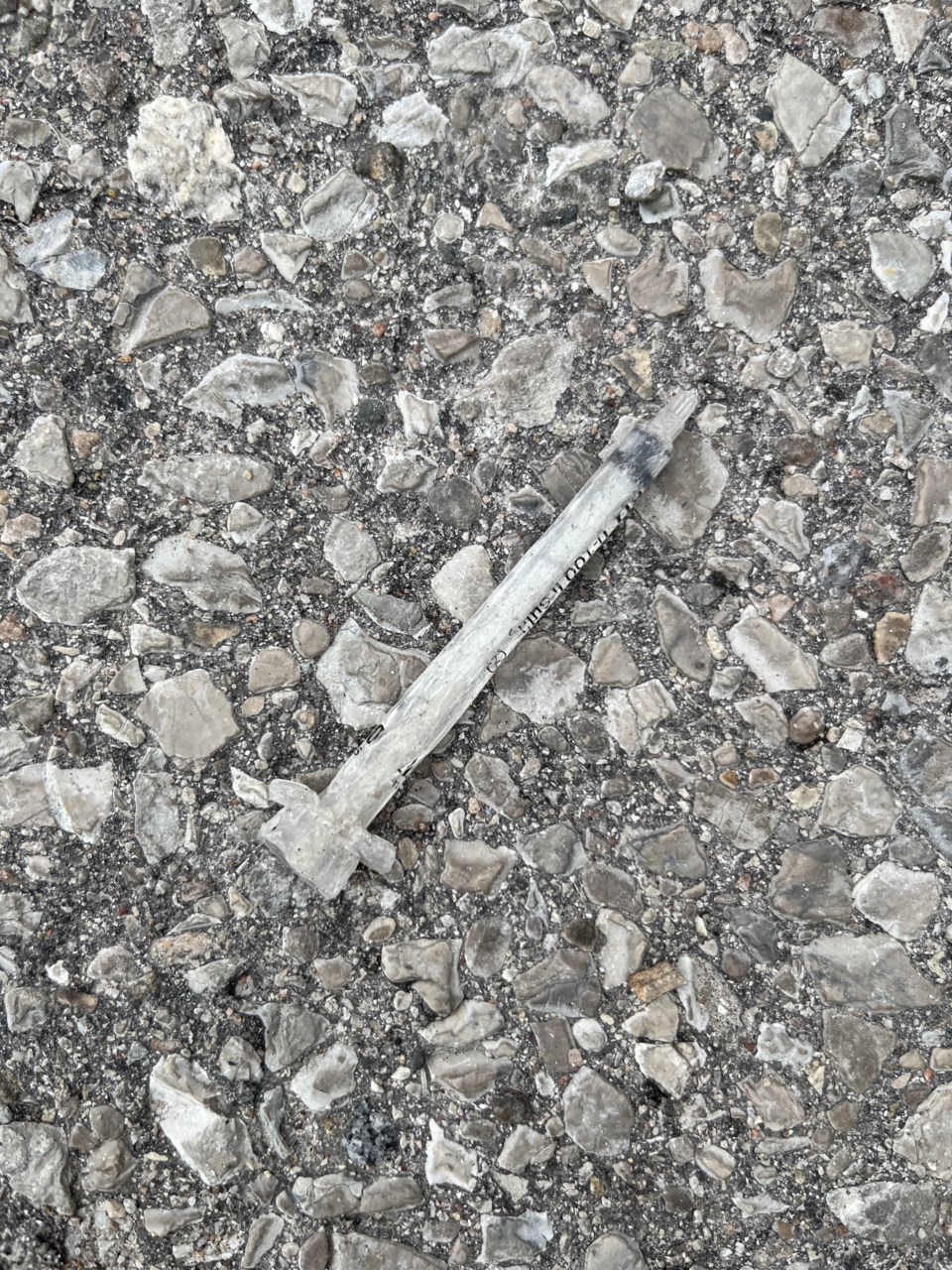The drug crisis in Ontario is not getting any better, according to the newest data from Addictions and Mental Health Ontario (AMHO)
"For the fifth year in a row, Ontario is on pace to eclipse over 3,000 annual drug poisoning deaths; that's more than eight deaths per day," said a news release from AMHO on Tuesday.
The release said the best way to protect people with addictions from the "increasingly toxic drug supply" is to expand the network of harm reduction and addiction services and to ensure community treatment support wherever and whenever they are needed in Ontario.
AMHO said it is time for the province of Ontario to expand access to evidence-based programs and services such as supervised consumption sites, safe drug supply programs, drug checking programs, and needle exchanges.
While Sudbury was not specifically mentioned, the release said the province was failing to provide full harm-reduction services to several Ontario communities.
"Despite federal approval to expand supervised consumption services in Barrie, Windsor, Timmins, and Hamilton, the province has capped the number of supervised consumption sites at 24. Without a reversal of that decision, and a further expansion of harm-reduction and addictions services, Ontario will remain unable to protect the health and safety of its residents," said the release.
Sudbury has a supervised drug consumption site, but there is only limited funding in place to the end of March. The Sudbury site is operated by Réseau ACCESS Network, which in recent months has relied on donations from the community to provide a Monday-to-Friday harm reduction service.
"Without the right supports in place, Ontario will remain unable to handle the toxic drug supply crisis," said Alisha Tharani, CEO of AMHO.
"Investing in the entire continuum of mental health and addictions services is the best way to keep Ontarians safe and alive."
AMHO said it is ready to work with the province to see a meaningful and lasting expansion of harm reduction and addictions services across Ontario.
Here in Barrie, public health officials have been trying to get approvals in place for an SCS near the city's downtown. Back in October, local officials with the Canadian Mental Health Association (CMHA) said they've received no updates on a Barrie plan, despite multiple attempts, while rent continues to be paid at the Innisfil Street location.
The Barrie proposal was endorsed by the previous city council in June 2021 and also has federal approval to operate. What it lacks is provincial approval. It is provincial government dollars which must fund operating costs for Barrie’s SCS facility, pay for its staff, equipment and maintenance.

.png;w=120;h=80;mode=crop)

